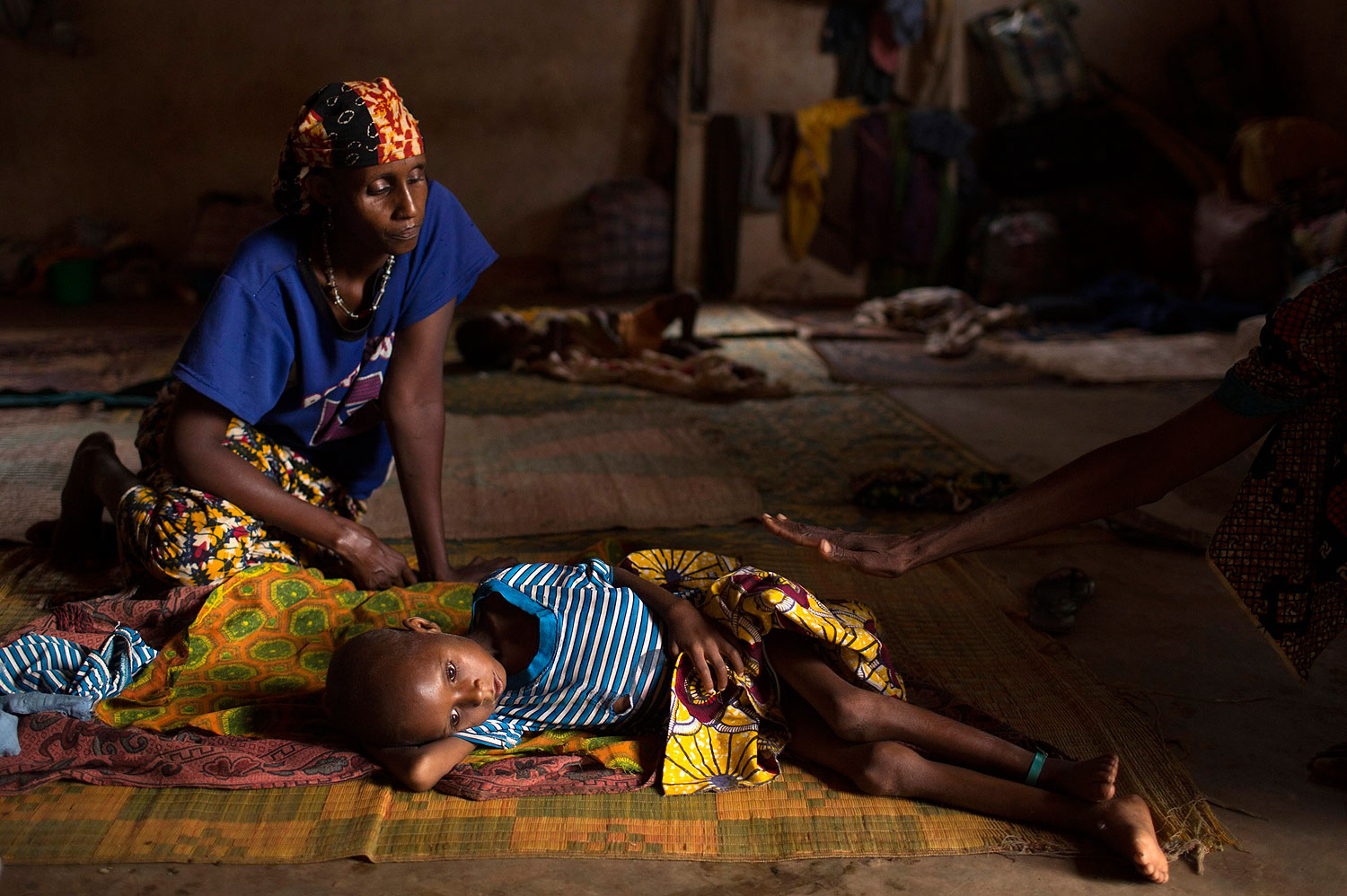
Fewer than 1,000 Muslims of the more than 130,000 who once lived in the ramshackle capital of Central African Republic remain, the United Nations warned on Friday, after weeks of targeted attacks by largely Christian militias spurred a Muslim exodus.
Human rights experts and aid groups are increasingly worried about the demographic shift nearly a year after the mostly Muslim rebel alliance Séléka toppled the government and began a campaign of looting and killing against Bangui’s Christian population. The attacks prompted the loose organization of Christians and animists into self-defense groups called anti-balaka and led to street fighting in December that left 1,000 dead in two days. Since then, with Séléka in retreat and thousands of foreign peacekeepers unable to rein in the violence, anti-balaka have staged an unprecedented revenge almost solely based on religion.
“The demography of C.A.R. is changing, from a situation where you had 130,00o to 145,000 Muslims in Bangui, to where you had around 10,000 in December,” Valerie Amos, the U.N.’s humanitarian chief, told a news conference in Geneva. “That number, we think, has now gone down to 900. So we have to act rapidly.”
Amos’ remarks—she also noted that 650,000 people remain displaced and the U.N. has received less than one-fifth of the $551 million in humanitarian assistance it appealed for in December—came one day after the Security Council began considering a proposal by Secretary-General Ban Ki-moon to deploy 12,000 peacekeepers to the former French colony. The African Union’s 6,000 peacekeepers and France’s 2,000 troops have struggled to contain the violence and protect civilians since being sent in after the December flare-up. If approved, Ban said it would take at least six months for the force to assemble and ship out.
(MORE: The Muslims of the Central African Republic Face a Deadly Purge)
Antonio Guterres, the U.N.’s High Commissioner for Refugees, highlighted the plight of Muslims during the Security Council meeting. “Tens of thousands of them have left the country, the second refugee outflow of the current crisis, and most of those remaining are under permanent threat,” he said. “The demon of religious cleansing must be stopped—now.”
A Human Rights Watch report released the next day added weight to his statements with grim details from towns outside the capital. “We are seeing entire Muslim communities that have lived in the Central African Republic for generations fleeing their homes,” writes Peter Bouckaert, HRW’s emergencies director. Within the last week, 650 Muslims being safeguarded in a Catholic church were evacuated from Boali, leaving the town without any left. And the Muslim populations in Baoro and Yaloké, about 4,000 and 10,000 respectively, are now nonexistent. Elsewhere, Muslims who haven’t fled face “extreme” violence from anti-balaka or are unable to leave. “The depth of the suffering caused by anti-balaka violence is just unfathomable,” Bouckaert writes. “In a misguided attempt to avenge the destruction of the Séléka, anti-balaka forces are committing horrific abuses against residents simply because they are Muslim.”
At least 2,000 people have been killed since December and about a quarter of the country’s 4.6 million people have been uprooted. Whole towns in the north and west have been emptied or burned, and about 300,000 people have fled into neighboring countries like Chad and Cameroon. More than half of the country’s population needs aid, the U.N. says, ahead of the rainy season that begins in April.
More Must-Reads from TIME
- Why Trump’s Message Worked on Latino Men
- What Trump’s Win Could Mean for Housing
- The 100 Must-Read Books of 2024
- Sleep Doctors Share the 1 Tip That’s Changed Their Lives
- Column: Let’s Bring Back Romance
- What It’s Like to Have Long COVID As a Kid
- FX’s Say Nothing Is the Must-Watch Political Thriller of 2024
- Merle Bombardieri Is Helping People Make the Baby Decision
Contact us at letters@time.com